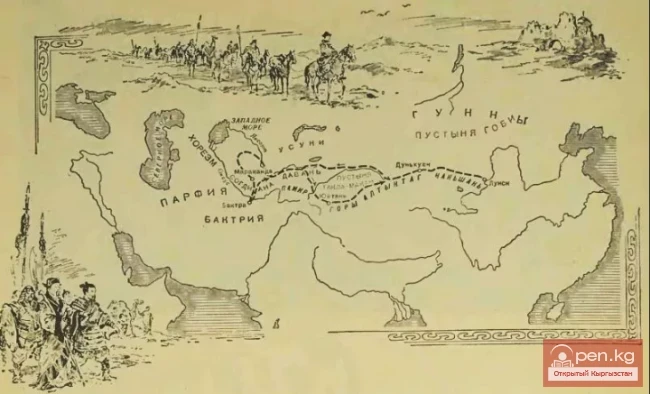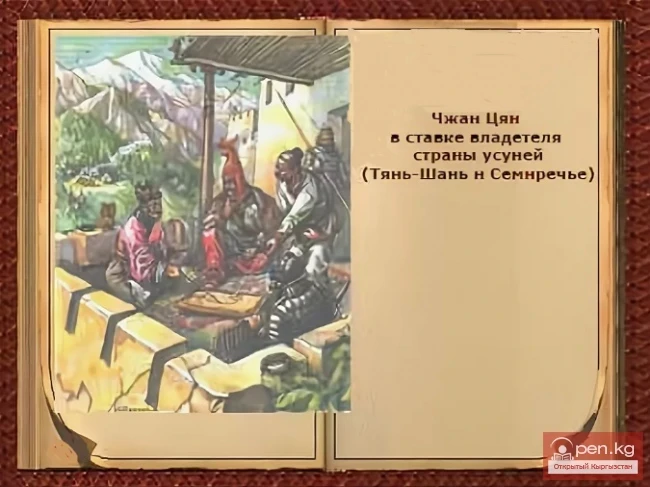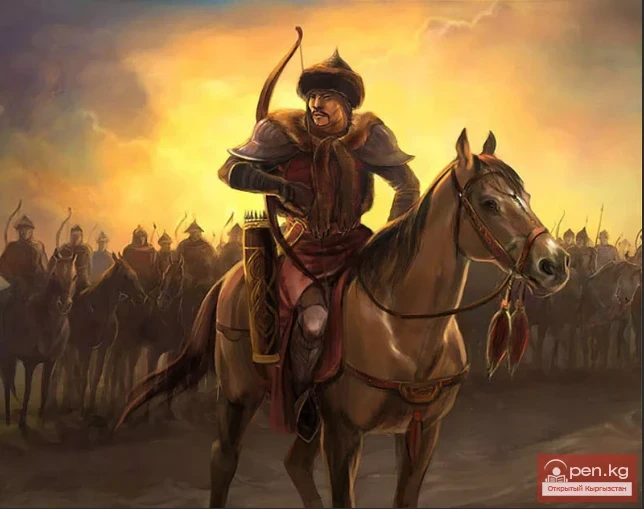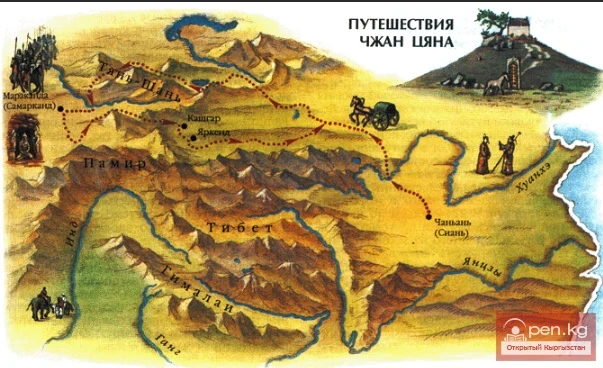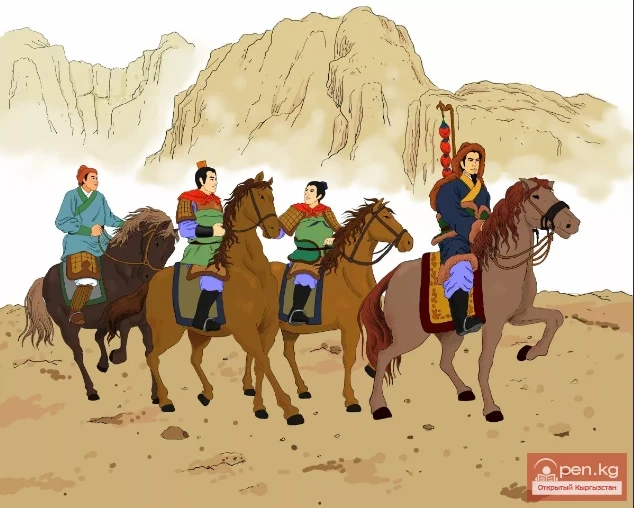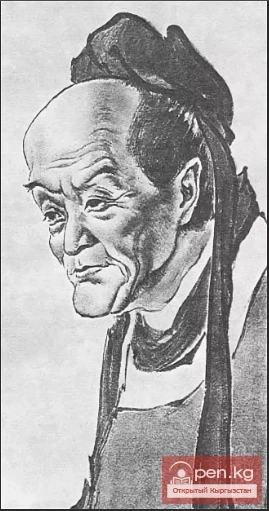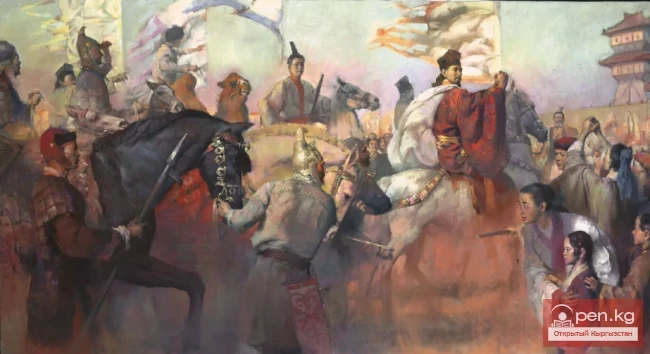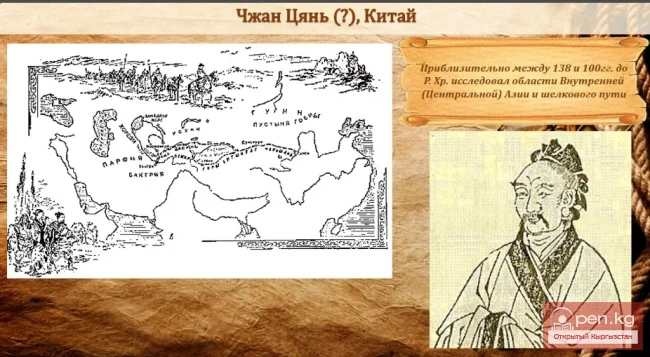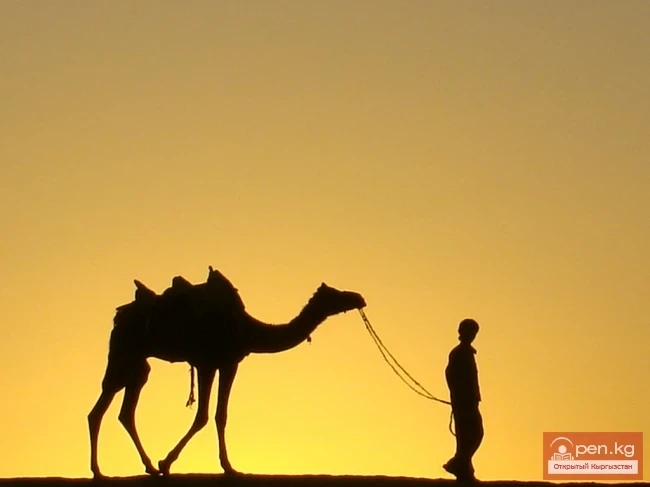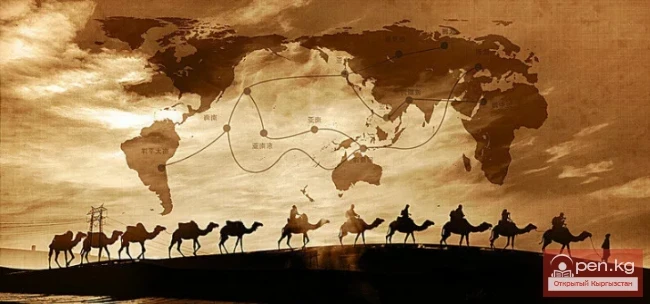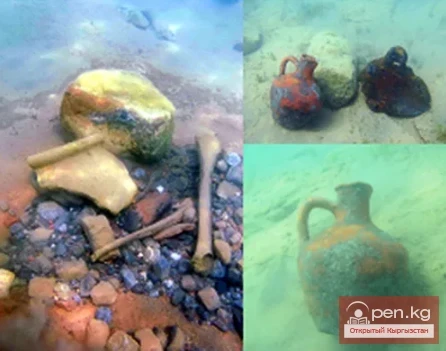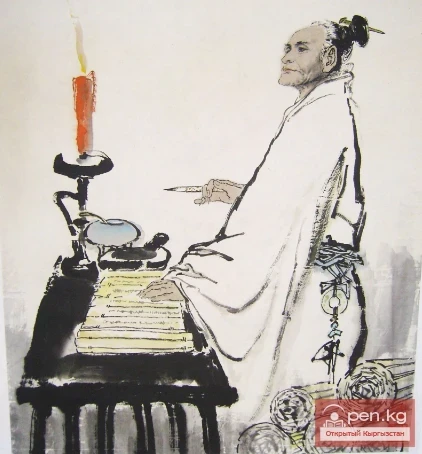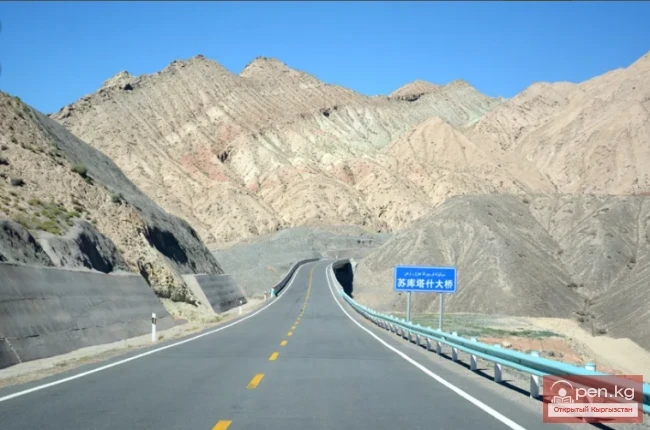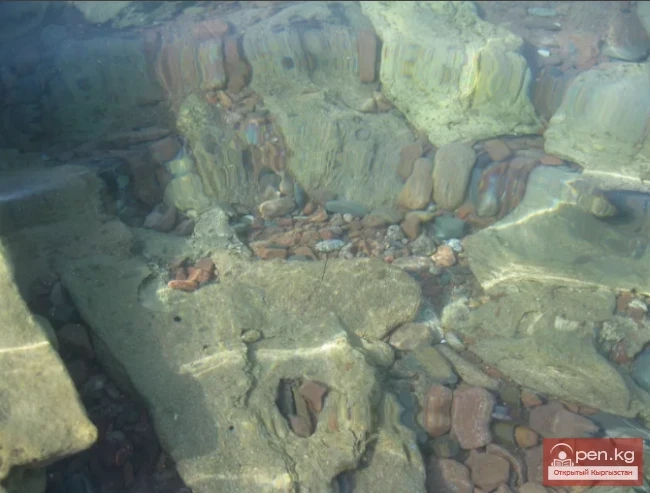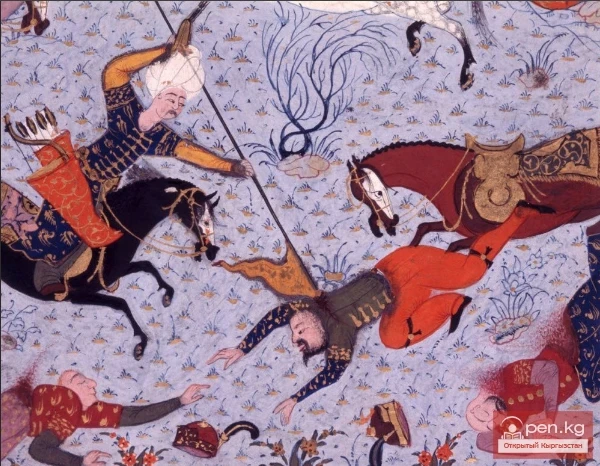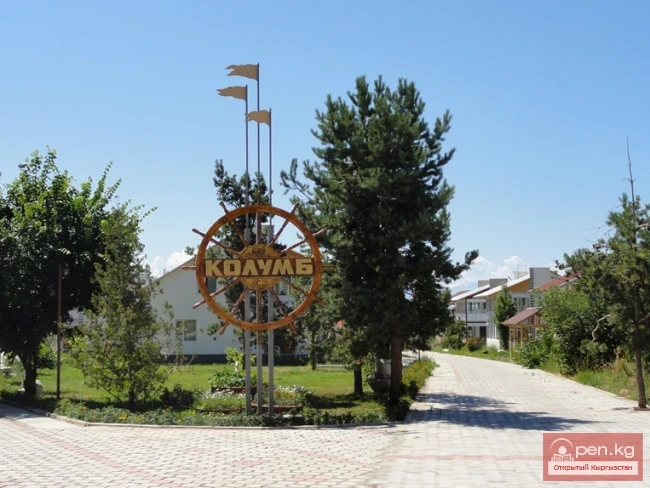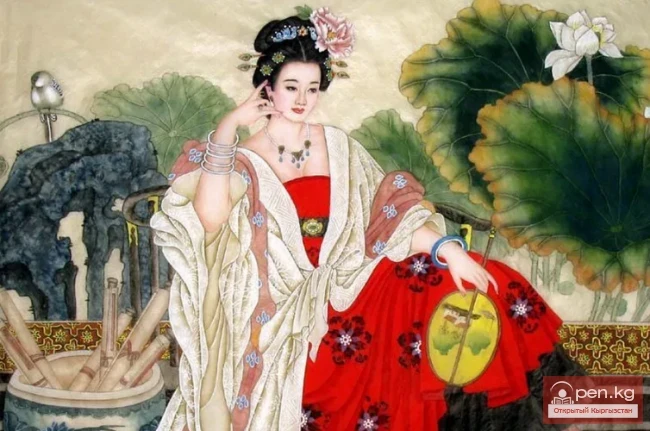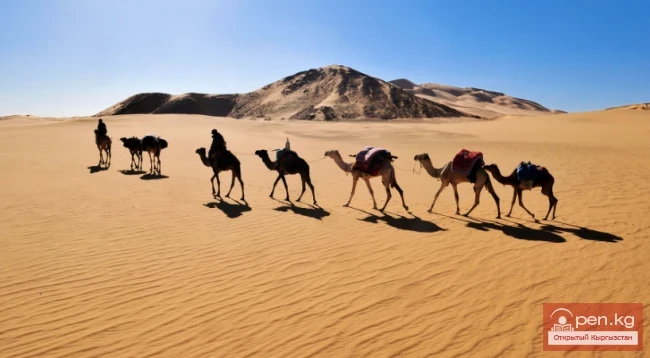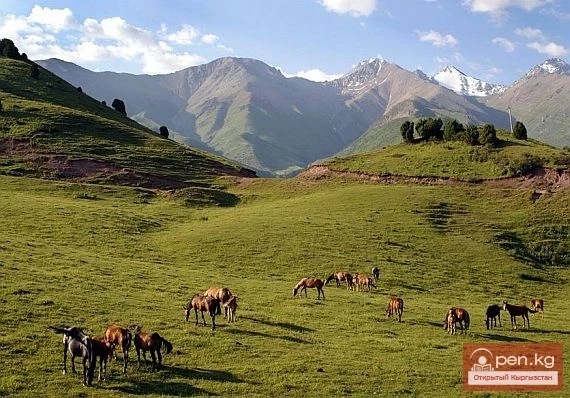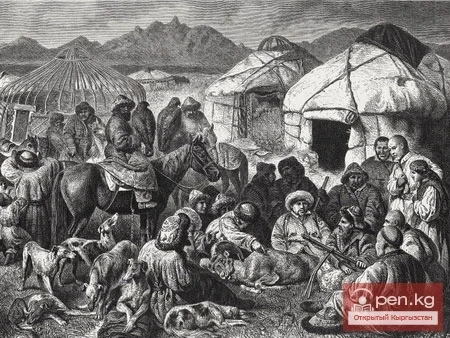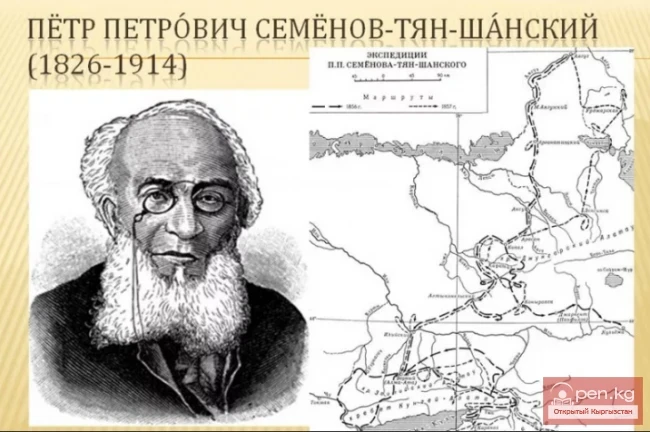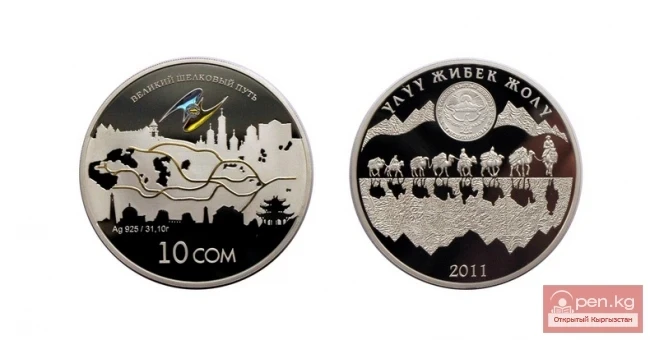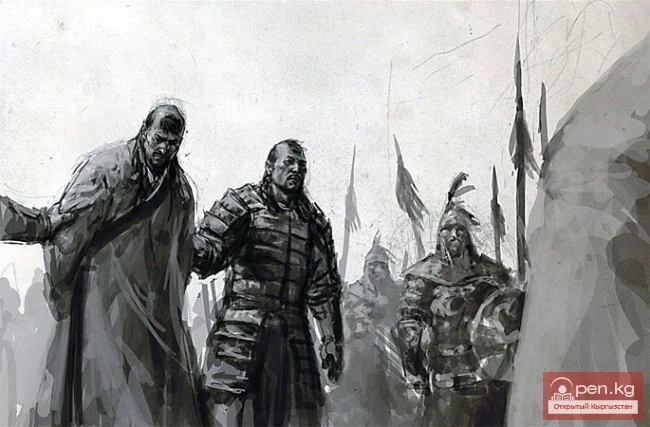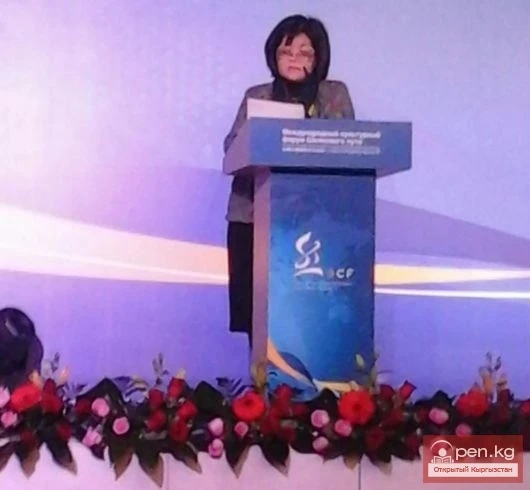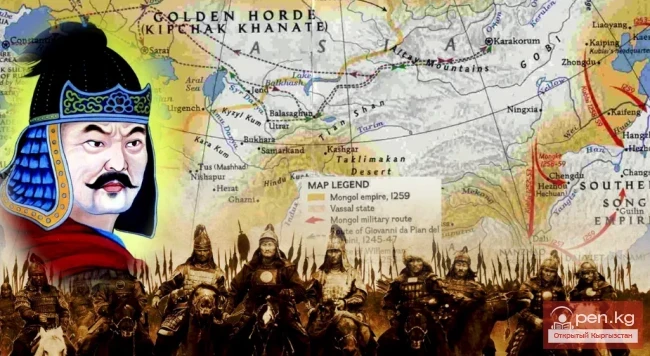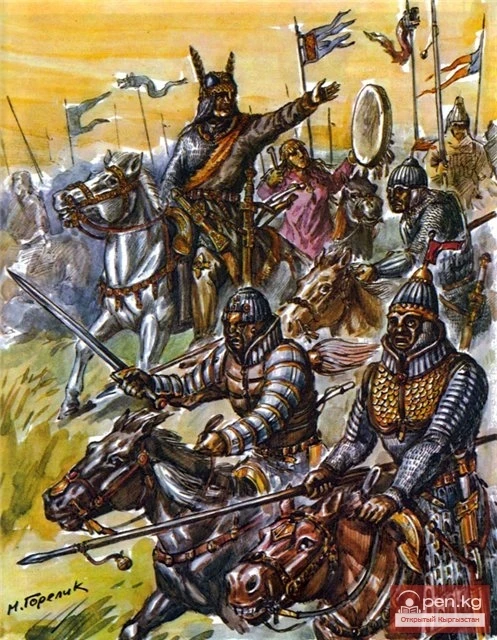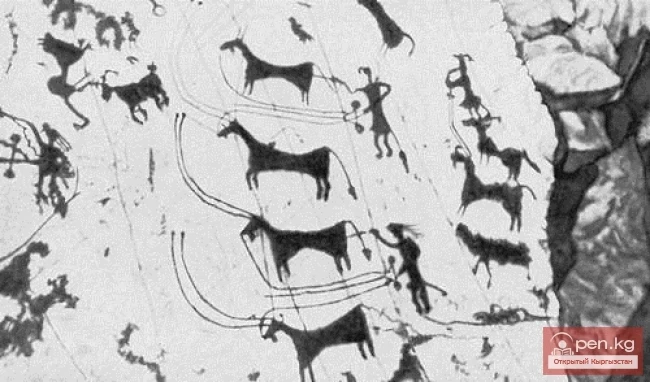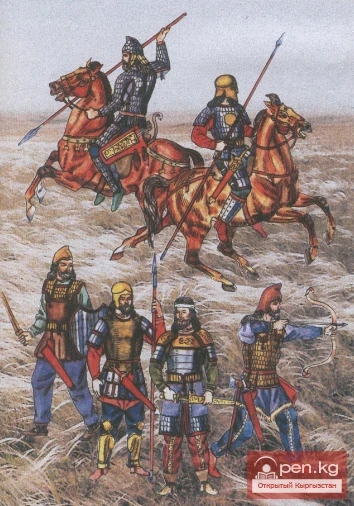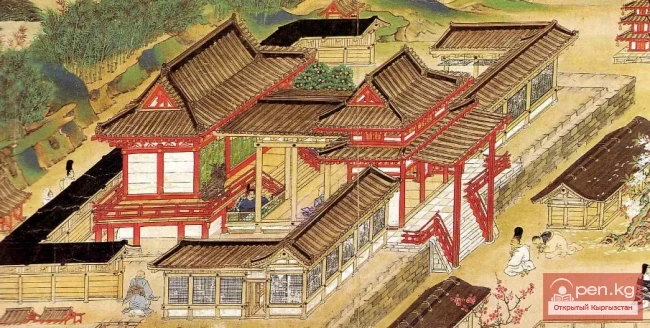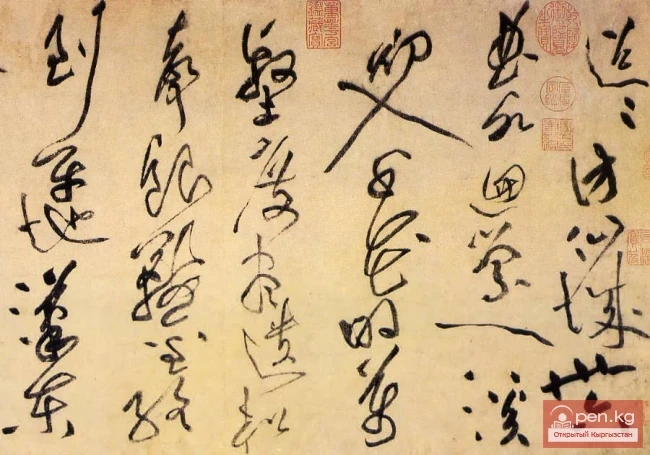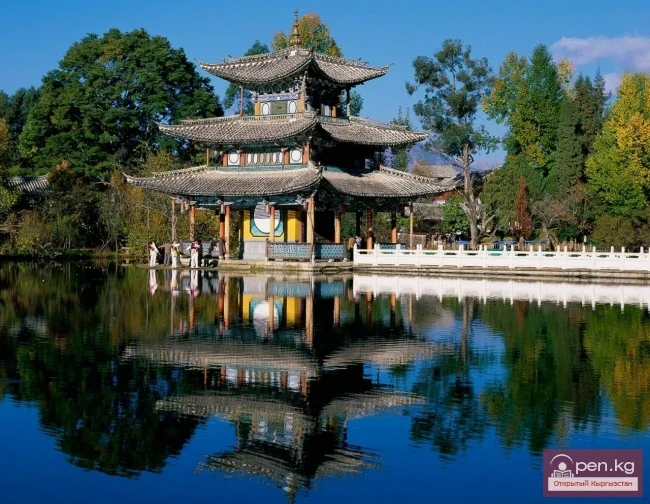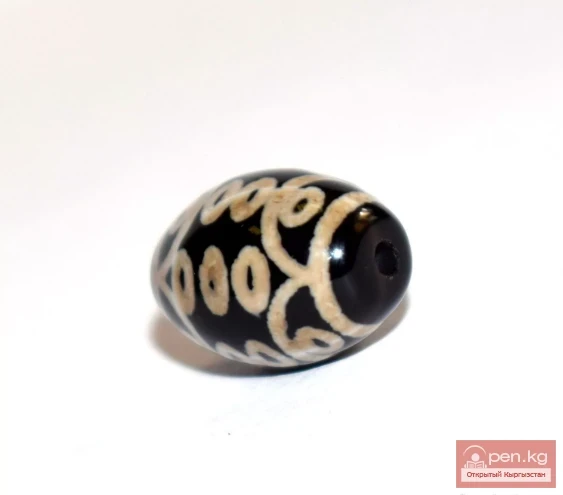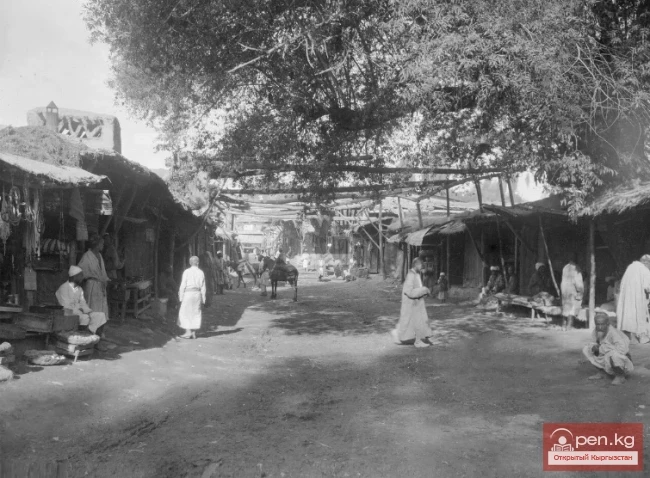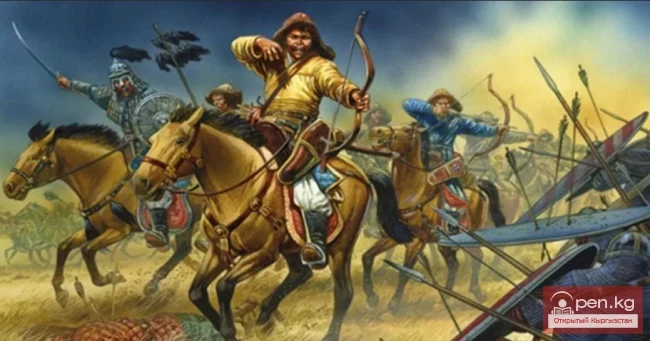The Little-Known "Columbus of Asia"
The name Zhang Qian is almost unknown to the general public. There is little written about him. Yet he deserves to be placed alongside the greatest explorers, such as Columbus, Magellan, and Vasco da Gama. He was the first to connect the trade arteries of China with those of the West. As a result, a new intercontinental route emerged — the Silk Road. This route, which operated for one and a half thousand years, played a huge role in bringing the two continents closer together and in the mutual cultural enrichment of many European and Asian peoples. Zhang Qian was the first to bring grapes and alfalfa to his homeland, and within two to three decades, they spread throughout China.
The great Chinese historian Sima Qian wrote: "Thus, China opened relations with the states located to the northwest of it. This route to the Western Regions was first opened by Zhang Qian. All subsequent embassies that went west reported that Prince Zhang Qian, through his straightforwardness, managed to win the favor of foreign courts, and foreigners trusted him..." The historian Ban Gu (1st century AD), brother of the great Chinese general Ban Chao, wrote: "Zhang Qian personally visited Dawan, the Great Yuezhi, Daxia, and Kangju, and besides that, from stories he learned that there are five or six more states nearby."
And the same Sima Qian sadly noted that subsequent Han diplomats failed to preserve the good traditions established by Zhang Qian, and soon the opinion of foreigners about the Celestial Empire changed for the worse.
Ancient historians characterized Zhang Qian as follows: "Zhang Qian was a man of unwavering resolve, generous, possessed of physical strength, and was magnanimous" (Ban Gu, Sima Qian).
The purely human feat of the great traveler is astonishing and admirable. Few have faced as many hardships, difficulties, and severe physical and moral trials as he did during his thirteen years of wandering and captivity by the Huns. But despite everything, he fulfilled the mission entrusted to him — he reached the Great Yuezhi and returned. Just as a valiant warrior, no matter what happens, keeps his weapon and his banner.
Zhang Qian died around 111 BC.1 He was buried with all honors, and a tomb was constructed...
Some passerby planted a vine at the grave. After a few years, a thick shady arbor grew over the tomb.
And in the distant land of Usun, in the city of Chigu on the shore of the Warm Lake, the mighty ruler Lejiao Mi, upon learning of the death of his guest and friend, "wept a lot and ordered a feast to be held according to the steppe custom" ...
1 The dates of death vary widely — from 114 to 104 BC. 32
Zhang Qian's Second Embassy to the West
